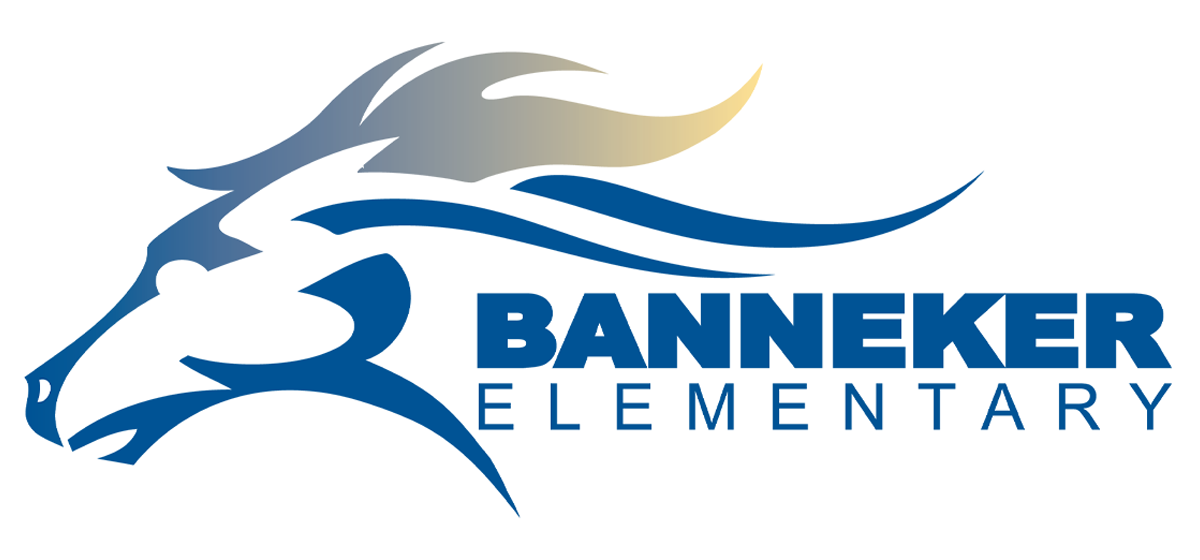Speech Resource
Each school in Loudoun County provides speech and language services through the Special Education department. Please contact the school for additional information.
School based speech-language pathologists work to enhance student’s abilities to communicate effectively in their learning environment. School based speech-language pathologists are knowledgeable about language development, sound development, and communication disorders. Although it is not a requirement, many speech – language pathologists also have their Certificate of Clinical Competence through the American Speech and Hearing Association.
What: Speech and language therapy is a service provided through special education. Speech and language services are provided to students who are found eligible with the disability of Speech–Language Impairment or to students who are found eligible with a different disability with related communication difficulties. The speech–language pathologist is responsible for designing and maintaining an effective therapy program to meet goals and objectives with a communication focus outlined within a student’s Individualized Education Program. The following are areas of concern where the expertise of a speech-language pathologist might be necessary within the school setting: articulation, receptive language, expressive language, pragmatic language, oral-motor functioning, voicing abilities, and fluency.
The speech–language pathologist is responsible for screening students for possible speech and language difficulties, evaluating the speech and language abilities of students, and conducting hearing screenings for designated grades and new admissions at the beginning of each school year. Furthermore, the speech-language pathologist is a member of the school staff and is available to offer suggestions/strategies to teachers and parents, participate in child study meetings, and provide relevant workshops/in-services.
Where: Each full-time speech – language pathologist has one home school which is their primary job location. Due to the large number of students who receive speech and language services many speech-language pathologists provide services in more than one school. The therapy setting is determined by considering the needs and abilities of individual students. Services may be delivered individually or through groups in a variety of settings including the following: regular education classroom, special education classroom, resource class, lunchroom, specials (art, music, library, etc.), recess, and community outings.
When: Once a student is found eligible to receive special education services an Individualized Education Program is generated. The amount of time the student receives speech and language services is determined by the Individualized Education Program Committee. Some students may not require speech and language services. Some students may require a consultative program designed to instruct parents and teachers on therapeutic methods. Some students may require direct intervention from the speech-language pathologist. It is the responsibility of the speech-language pathologist to recommend the amount of time required to meet the goals and objectives outlined within the Individualized Education Program.
How: School based speech-language pathologists use their expertise, knowledge, and experience, to assist parents, administrators, teachers, and therapists from other disciplines in providing appropriate intervention to remediate a student’s speech and language difficulties. Communication and cooperation amongst all those involved with a student help to provide the appropriate amount of support to a student with a disability.
Why: The primary goal of the school based speech-language pathologist is to address the goals and objectives outlined in the student’s Individual Education Program and to increase the student’s ability to communicate effectively with peers and adults in the educational environment.
[The following links will take you to the American Speech-Language-Hearing Association (ASHA) website.]
Typical Speech and Language Development
What Is Language? What Is Speech?
Learn the difference between language and speech.How Does Your Child Hear and Talk?
Charts of developmental milestones from birth to 5 and tips for parentsCommunication Development: Kindergarten-5th grade
What to expect from children in elementary schoolReading and Writing (Literacy)
Discover the importance of reading and writing development.Social Language Use (Pragmatics)
Learn about the impact of social communication and interaction.Learning More Than One Language
What should you expect when learning more than one languageLate Blooming or Language Problem: Information for Parents
Learn the difference between a language delay and a language problem.
